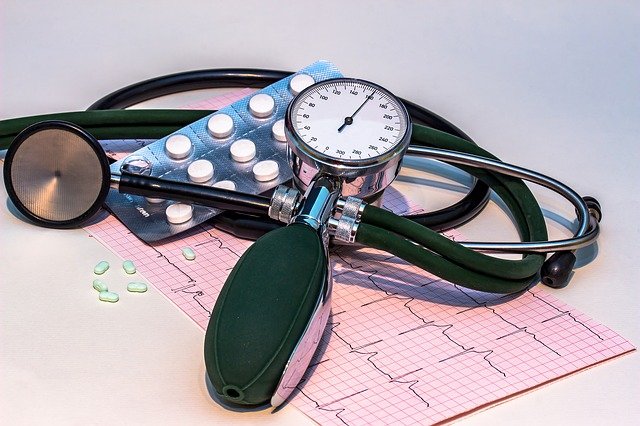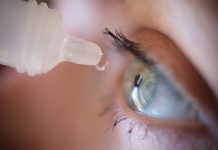
In a recent study, Danish researchers found that one of the most common drugs for high blood pressure is linked to increased risk of skin cancer.
This blood pressure drug contains hydrochlorothiazide, and it may boost the risk of skin cancer.
Hydrochlorothiazide is one of the most commonly used medicines to reduce blood pressure in the US, where over ten million people use the drug annually and in Western Europe.
It is a frequently used drug to treat high blood pressure, which is typically used in combination with other antihypertensive medicines.
The drug was also previously used for water retention (oedema) and heart problems.
Previous research has shown that the drug could increase the risk of lip cancer.
In the current study, the team examined 80,000 Danish people with skin cancer.
They found a clear association between the use of the blood pressure drug and the chance of developing skin cancer.
It is known that hydrochlorothiazide can make the skin more vulnerable to damage from the sun’s UV rays.
But is surprising that the long-term use of this blood pressure medicine could lead to a big increase in the risk of skin cancer.
The team found that the risk of developing skin cancer is up to seven times greater for people whose blood pressure medicine contained hydrochlorothiazide.
One type of cancer is basal cell carcinoma, which is the least serious type of skin cancer.
Another type of skin cancer is squamous cell carcinoma, which is more aggressive and in some cases manages to spread to other parts of the body.
The risk of skin cancer increases the more hydrochlorothiazide people took throughout their lifetime.
Both lip and skin cancer are typically treated with an operation that is linked to a certain risk of impairment.
The side effects of the blood pressure drug could, therefore, affect numerous people, and the researchers have calculated that about 10% of all Danish cases of squamous cell carcinoma may be caused by hydrochlorothiazide.
The team has also looked at other commonly used hypertension medicines, but none of them increased the risk of skin cancer.
For example, some blood pressure drugs contain “hydrochlor,” which is not chemically related to hydrochlorothiazide and does not increase the risk of skin cancer.
The researchers suggest that when hydrochlorothiazide induces cancer, this is because hydrochlorothiazide belongs to a group of drugs with a so-called photosensitizing effect.
This means that hydrochlorothiazide enhances the harmful effects of sunlight in the skin and lips, and this can increase the risk of skin cancer.
They continue to work on studies that can shed additional light on the connection between hydrochlorothiazide and skin cancer.
The study was conducted by researchers from the University of Southern Denmark and the Danish Cancer Society.
Researcher Anton Pottegård is the initiator of the study.
The study is published in the Journal of the American Academy of Dermatology.
Copyright © 2019 Knowridge Science Report. All rights reserved.



